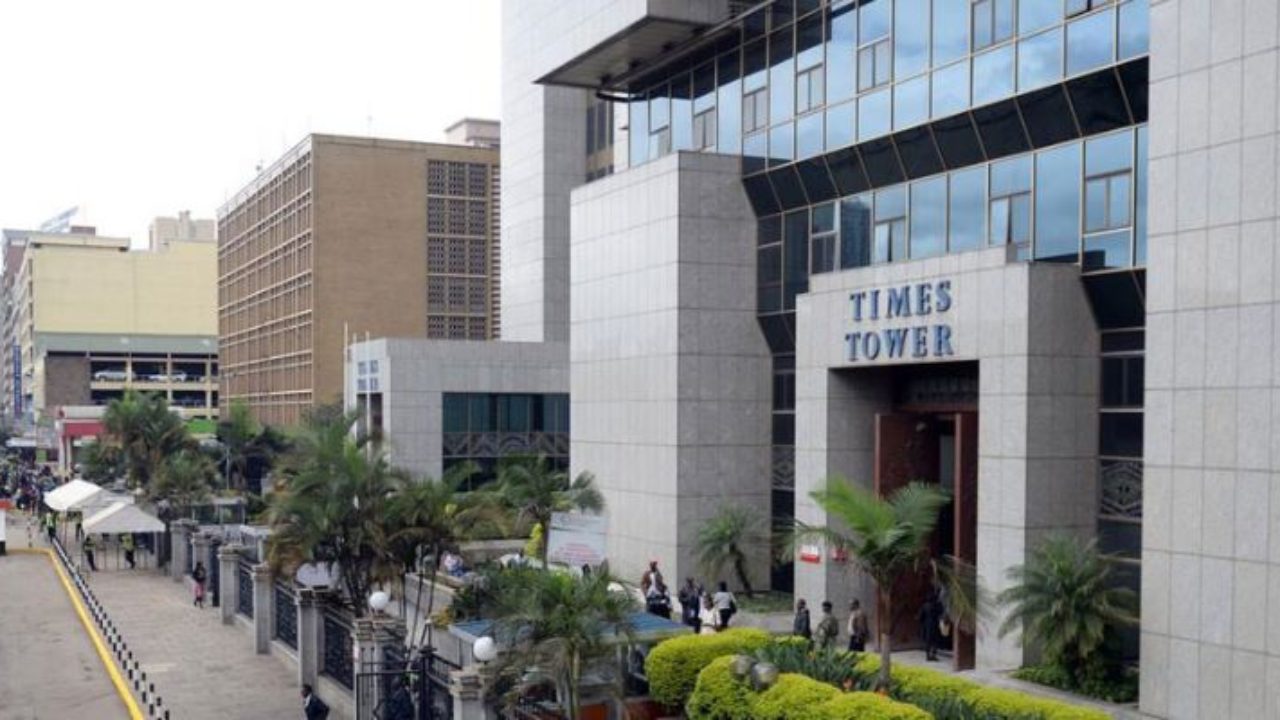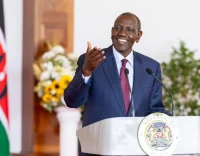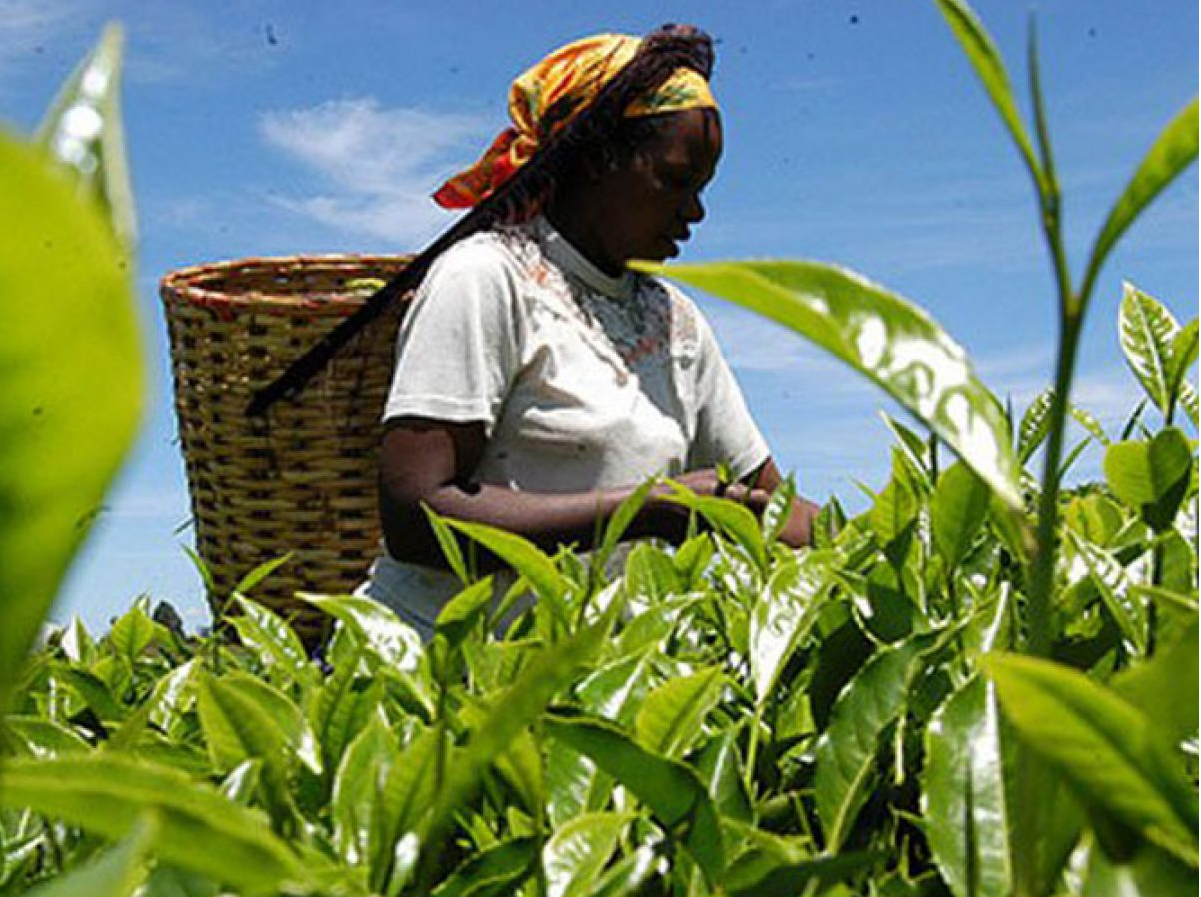The Tax Appeals Tribunal has ruled that it is not enough for a taxpayer to provide tax invoice in order to claim input VAT. Tax invoice is among documents listed in Section 17 of the VAT Act 2013.
In the ruling that upheld the Kenya Revenue Authority (KRA’s) position in the case filed by Osho Drappers Limited, the Tribunal stated that the documentation must be supported by an underlying transaction and the taxpayer must furnish proof that there was an actual purchase of goods or services.
KRA had in April 2018 issued a tax assessment notice of Ksh1.8 million VAT demand and Ksh3.367 million in Corporation Tax against Osho Drappers Limited. The company objected the notice and appealed to the Tax Appeals Tribunal.
KRA had disallowed the input VAT claimed by Osho Drappers Limited. The claim was in respect to its transactions with four companies that had been investigated by the KRA.
The companies were found to be involved in a tax fraud scheme of printing and selling the invoices without actual supply of goods.
KRA in its decision to disallow the input tax maintained that Osho Drappers Limited was unable to prove to the satisfaction of KRA that indeed it had received the supplies on which the input tax claims were made.
On its part, Osho Drappers Limited argued that all it needed to produce was an original tax invoice and that on production of the documents, a legitimate expectation was created that it could claim input VAT as matter of right as per Section 17 of the VAT Act 2013.
The Tribunal dismissed Osho Drappers Limited’s case.
The Tribunal upheld the tax assessment and affirmed that once KRA had raised questions as to the legitimacy and credibility of documents produced by the taxpayer, the onus shifted to the taxpayer to prove that it indeed purchased the supplies disallowed for input tax claim.
In this case, the Tribunal held that Osho Drappers Limited did not discharge the onus of proof and that KRA was right to disallow input VAT and charge Ccorporation Tax on the transaction.













Leave a comment